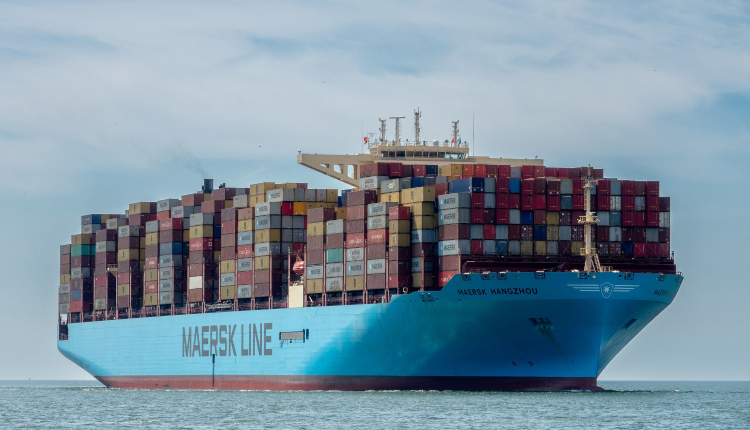Maersk, the shipping giant, has boosted its projected annual profits following a robust in quarterly performance that surpassed expectations, Reuters reported on Thursday.
The company attributes the robust to buoyant demand for container shipping and strategic vessel diversions around Africa to sidestep Red Sea risks.
The Copenhagen-headquartered firm, often seen as a global trade bellwether, reports that the surge in ocean container shipping demand aligns with the upper echelon of the anticipated 2.5-4.5 per cent growth range for the year.
Since December, Maersk and its competitors have been rerouting ships around Africa to evade potential attacks by Houthis in the Red Sea. This manoeuvre, though extending voyage duration, has bolstered freight rates.
CEO Vincent Clerc highlighted the development’s positive impact, stating: “This not only supported a recovery in the first quarter compared with the previous quarter, but it also provided an improved outlook for the coming quarters. We now expect these conditions to stay with us for most of the year.”
Despite Maersk’s earlier concerns about the influx of new container vessels in the market, which could lead to overcapacity and profit erosion, the current buoyancy in rates has surpassed initial fears. Spot freight rates, which soared to nearly $3,500 per container at the start of the year, have since moderated to around $2,400.
Clerc cautioned: “We still anticipate the high number of new vessels being delivered during this and next year to eventually offset these factors and put ocean markets under renewed pressure.”
Analysts predict a 15 per cent increase in fleet capacity between 2024 and 2025, outpacing demand growth.
In light of these developments, Maersk has adjusted its full-year projected underlying earnings before interest, tax, depreciation, and amortisation (EBITDA) to a range between $4 billion and $6 billion, compared to the previous estimate of $1 billion to $6 billion.
Despite a decline in first-quarter EBITDA to $1.59 billion from $3.97 billion a year earlier, the figure surpassed analysts’ expectations of $1.46 billion in an LSEG poll.



